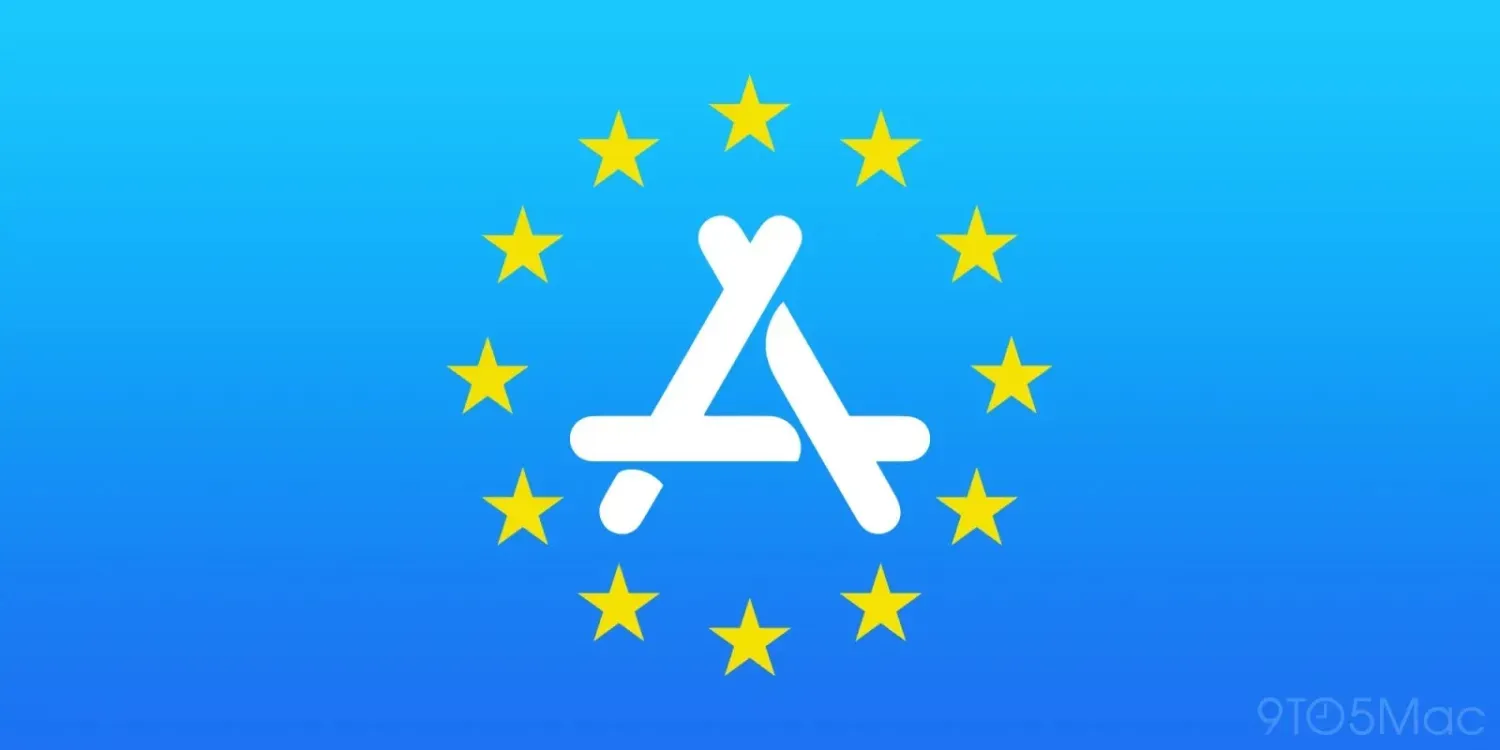The EU (Slightly) Punctures the App Store Wall

I think it's pretty fair to say at this point that Apple has a sense of what the EU thought of their initial proposed changes to their policies in order to comply with the new DMA rules. That is: not good enough.
I believe we can say that with confidence because we've seen a series of tweaks to those proposed changes in relative short order – and even bigger backtracks – even without any official comment from the EU. Today's are the largest yet:
First off, Apple says that app marketplaces can now offer a catalog of apps solely from the developer of that marketplace. Previously, Apple said that app marketplace operators were required to allow submissions from other developers. With this change, which is effective immediately, a company can operate an app marketplace and solely offer its own apps for download.
That's a nice tweak, since previously Apple said that if you opened one of these third-party app stores, you had to allow other developers to leverage it as well. Now you no longer have to do that. This could be meaningful for branding and policing purposes for any company that was going to do their own store.
But a far bigger deal:
Second, Apple is also giving developers a way to forgo the app marketplace route entirely. Later this spring, Apple will add a new “Web Distribution” feature that lets developers distribute their iOS apps directly from their website. This means that iPhone users will be able to go to a developer’s website and download an app, without using the App Store or any alternative app marketplace whatsoever.
This, to some, will be the Holy Grail. Well, a Holy Grail full of holes – still, an important step forward. This is essentially how you can distribute apps on Macs right now. You can do it over the App Store or, of course, over the web. No need to download a superfluous third-party app store in order to get an app outside of the App Store. It may indeed make third-party app stores pointless.
But it's not all good news. Because the same, newly proposed terms, terms which many developers view as non-starters, will still apply. Namely:
To use this feature, developers will have to opt into the new App Store business terms, which means they will pay the Core Technology Fee of €0.50 for each first annual install over one million in the past 12 months.
And, the big one:
Be a member of good standing in the Apple Developer Program for two continuous years or more, and have an app that had more than one million first annual installs on iOS in the EU in the prior calendar year.
In other words, sorry, 99% of startups (and really, all companies). To quote Pearl Jam, this is not for you.
And yes, apps distributed over the web will still have to be notarized by Apple. In that regard, it's more similar to the main web distribution option on macOS, where only trusted apps are allowed. You can download untrusted apps on macOS, but you have to jump through some hoops to specifically acknowledge the risk you're taking on when installing those. And Apple only allows you to do this because of legacy. It's the way apps were distributed before the App Store. Apple will not be allowing you to install these unsigned apps on iOS. At least not yet!
Anyway, these are both good changes. Hopefully the next round of inevitable tweaks allows far more developers to actually leverage them! And the even larger caveats from Apple's initial proposals are still in place. Presumably, you have to choose between this go-direct route and the App Store. You can't have the best of both worlds, giving users options, god forbid. And, of course, all of this is all still only in place for the EU. The rest of the world is shit out of luck. But now that the cookie has been given to Europe – albeit extremely reluctantly – you can bet the rest of the world is getting hungry, watching. And all of this is going to lead to everyone asking Apple for that glass of milk.
One more thing:
Finally, Apple is giving developers more freedom around how they can link to an external webpage to complete a transaction for digital goods or services on an external webpage. Apple says that developers can choose how to design promotions, discounts, and other deals, as opposed to using Apple’s own templates and following its guidelines. This change is effective immediately.
This sounds like a huge win for Spotify, which was seemingly daring Apple to reject their latest app update with design tweaks that sound similar to what Apple is now allowing. Presumably, they made these tweaks and will now approve Spotify's app update. Did Apple do this begrudgingly? You bet. Is it still a good change? Yes.
